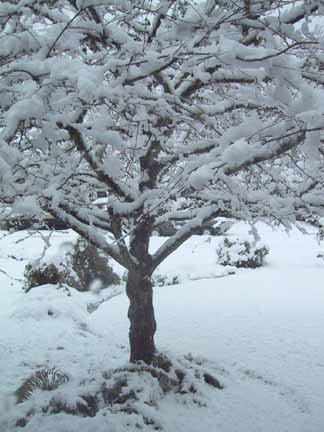

[ Gallery | About the ENHS | Membership | Lecture Calendar | Resources and References ] [ Links | Community Events | ENHS Board | Previous Features | Kids Zone ] |
|
Page last modified: 24 January 2004 Location: http://biology.uoregon.edu/enhs/archive/jan04/jan043.html E-mail the WebSpinner: cpapke@gmail.com |